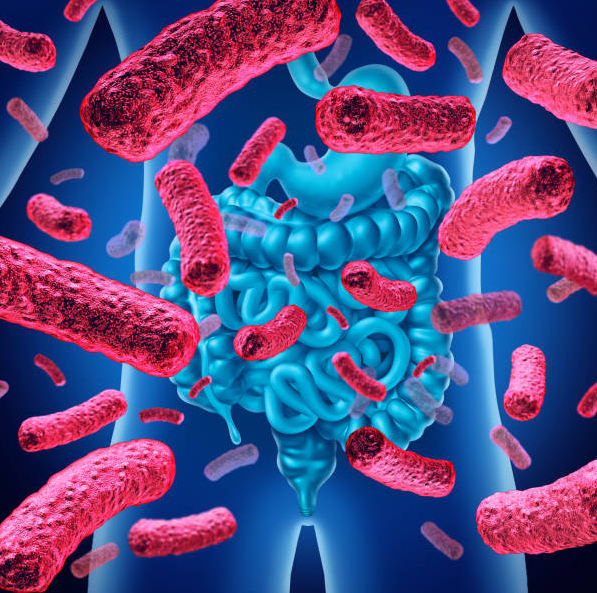Optimizing Nutrition for Health and Weight Loss
Longevity expert Dr. Peter Attia reveals how to harness nutrition for optimal health and sustainable weight loss based on quality, personalization and lifestyle integration.

Introduction
This ongoing series explores insights from longevity leader Dr. Peter Attia. Here we’ll cover Dr. Attia’s extensive research and guidance on using nutrition to support overall health, longevity, and sustainable weight management.
By clicking these links your support our site - thank you.
Outlive: The Science and Art of Longevity Hardcover
Outlive: The Science and Art of Longevity Kindle Edition
Dr Peter Attia on Amazon
Health and Lifestyle Books
Calorie Quality Over Quantity
Dr. Attia explains that while total calories provide a useful starting metric for goals around weight loss or gain, nutritional quality remains paramount for supporting true health.
In simple terms, 100 calories from candy bars, kale, and animal proteins will have very different effects on the body despite being equal in caloric load. We must look deeper than calories alone to assess the underlying nutritional value of the foods we eat.
The Critical Importance of Adequate Protein
Protein takes center stage in Dr. Attia’s nutritional recommendations for optimal health. He explains:
- Protein is the most satiating macronutrient, helping curb overeating and excessive calorie intake.
- Consuming ample high-quality protein provides essential amino acids to support muscle growth and maintenance as we age.
- Protein boosts metabolism more than equivalent calories from carbohydrates or fats.
Based on extensive research synthesis, Dr. Attia suggests consuming 0.6 - 1 gram of protein per pound of lean body weight daily as part of a balanced diet.
Healthy Fats Over Simple Refined Carbs
For overall health, Dr. Attia favors intake of beneficial unsaturated fats from sources like oily fish, nuts, olive oil, and avocados over excess simple or refined carbohydrates, especially added sugars and processed grains.
Beyond supporting cardiovascular health when consumed in moderation, these healthy fats provide nutritional and anti-inflammatory benefits. They also support steady energy levels and optimal hormone production.
Potential Benefits of Intermittent Fasting
Dr. Attia has found intermittent fasting to be a useful tool for weight loss and improvement of certain metabolic health markers in some populations, especially those struggling with obesity or diabetes.
Short 12-18 hour daily fasting periods allow the digestive system to rest on a regular basis while controlling overall caloric intake. This approach provides metabolic flexibility benefits for some people. However, intermittent fasting requires adjustments to ensure adequate protein consumption for maintaining muscle mass.
Adopt a Personalized Approach
Dr. Attia adamantly believes lasting success cannot come from generalized one-size-fits-all diet dogma. The ideal nutrition plan for health and weight management depends heavily on individual factors like:
- Activity levels and exercise routine
- Current health status and diseases present
- Genetic predispositions
- Personal food preferences and cultural factors
True personalization based on these parameters, not fad diets, offers the optimal path to weight loss and wellness.
Conclusion
While total calories provide a starting point, optimal nutrition for both health and weight loss hinges on adequate protein, beneficial fats, fiber, vitamins, minerals, and diverse phytonutrients from primarily whole food sources according to Dr. Peter Attia’s synthesis of evidence. A balanced, personalized diet serves health and longevity far more than dogmatic restrictions.
By clicking these links your support our site - thank you.
Outlive: The Science and Art of Longevity Hardcover
Outlive: The Science and Art of Longevity Kindle Edition
Dr Peter Attia on Amazon
Health and Lifestyle Books



